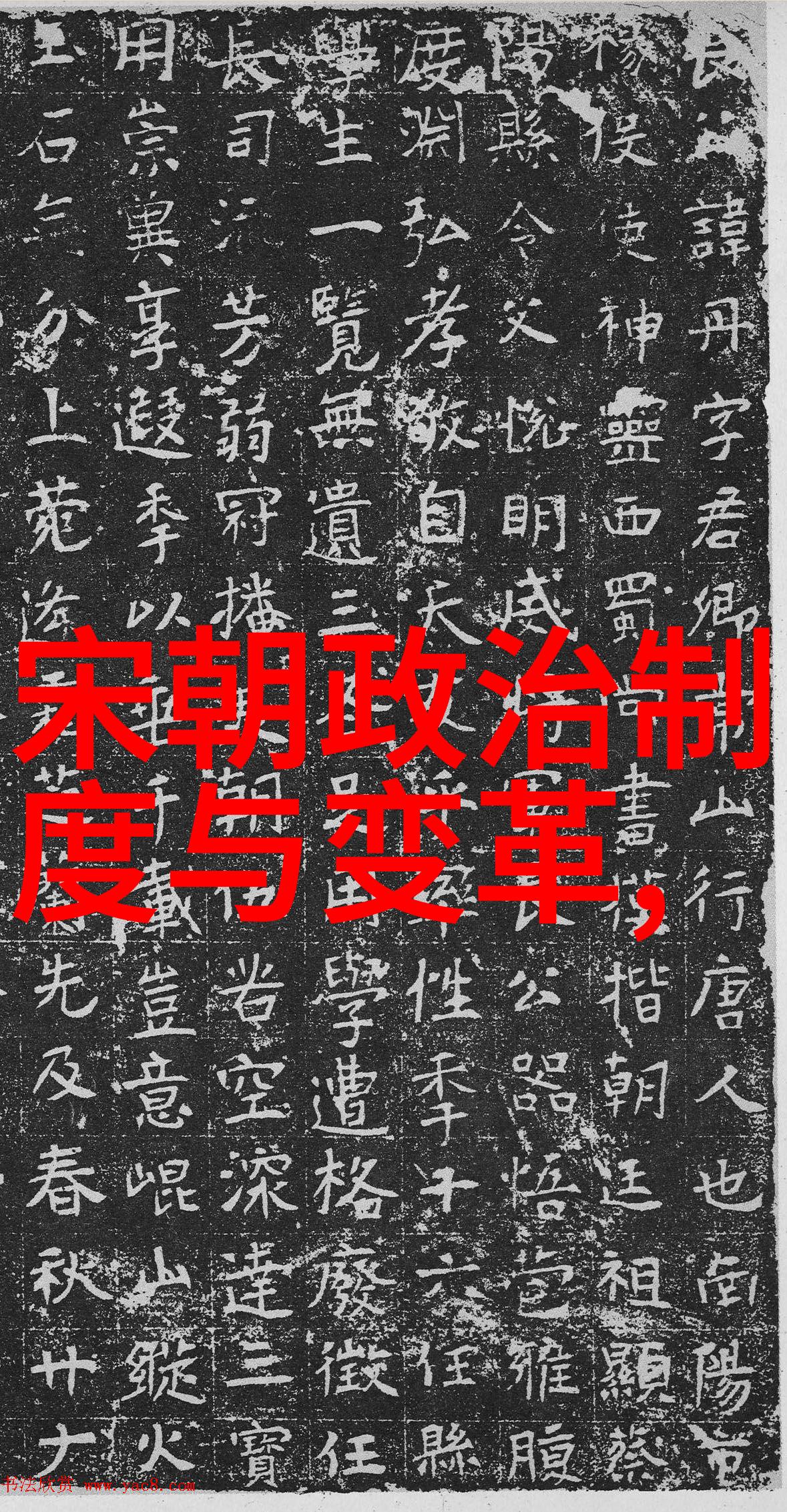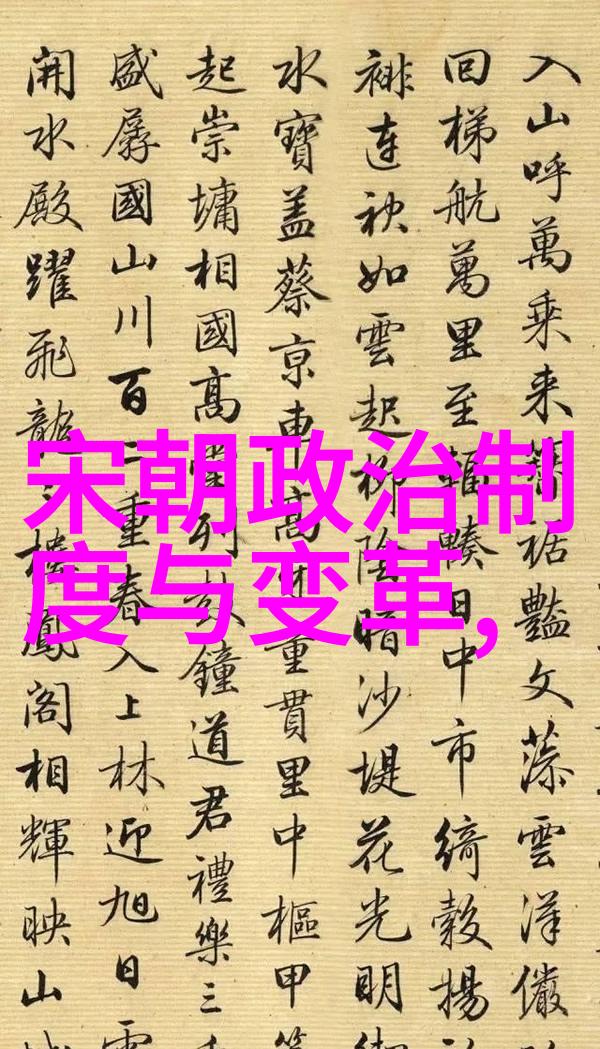中国历史英文趣事-Unveiling the Amusing Side of Chinese His
Unveiling the Amusing Side of Chinese History: A Journey Through Time and Language

Chinese history, a vast and rich tapestry of stories, events, and cultures that span over four millennia. From the majestic Great Wall to the serene Forbidden City, from Confucius' teachings to Mao's revolution – every era has left its mark on this fascinating land. But what about the amusing side of Chinese history? Are there any interesting anecdotes or quirky facts that reveal a lighter side to this ancient civilization?
Absolutely! Let us embark on a journey through time and language to discover some delightful "China historical English fun facts."

The invention of paper money: In 1024 AD during Song Dynasty, China introduced paper currency for general use. This innovation replaced copper coins as the primary medium of exchange. The word "paper" in English comes from Old French "papier," which was derived from Latin "papyrus." Isn't it intriguing how something as fundamental as money had an English origin tied back to ancient Egypt's papyrus?
Silk Road origins: Did you know that silk production began in Neolithic China around 5000 BC? Over time, silk became so valuable it inspired trade along what is now known as the Silk Road – a network connecting Asia with Europe via Central Asia.

Tea leaves tell tales: As early as Shang Dynasty (16th-11th centuries BC), tea was used not only for consumption but also divination purposes like astrology or fortune-telling due to its varied shapes when dried out.
A dragon dance at Buckingham Palace: On October 9th, 1982, Queen Elizabeth II hosted an extraordinary banquet where she requested her staff arrange an authentic Dragon Dance performance in honor of visiting Chinese President Li Xiannian.

Mandarin Duck symbolizes love story between two birds who were separated by floodwaters; they yearned for each other until reunited after many years.
6.Mao Zedong once claimed he could become 'the greatest poet since Qu Yuan,' but his poetry wasn't well-received by critics despite being celebrated by some ordinary people during his reign.

7.The first recorded mention of noodles dates back more than 4 thousand years ago during Han Dynasty (206 BCE - CE 220). People ate these simple strands boiled together with vegetables or meat broth before adding condiments like soy sauce or chili oil later on.
8.Taiko drums originated from Japan around late Edo period (1603-1867) but have roots dating back further eastward into ancient China where drumming played crucial roles in rituals ceremonies & performances across dynasties such as Ming dynasty’s Peking Opera Theatre troupe performing alongside Taiko ensembles today!
9.Yuan dynasty Mongol conqueror Kublai Khan commissioned Marco Polo visit him at Xanadu palace near present-day Beijing; Polo wrote vivid accounts about life under Kublai Khan rule including descriptions beautiful gardens & opulent palaces within Xanadu complex which still remains UNESCO World Heritage Site today!
10.Ceramics are another area where East meets West — porcelain wares made famous throughout world especially after Tang dynasty(618-907 AD) spread far beyond borders while influencing European pottery techniques too!
In conclusion our adventure through historical England speaking highlights how much fun learning can be when exploring cultural connections between civilizations across time zones spanning thousands miles apart yet sharing similar experiences shared histories making them all part one big global family tree filled laughter love joy curiosity exploration discovery growth understanding respect appreciation compassion empathy unity peace harmony cooperation friendship celebration gratitude happiness hope wisdom knowledge creativity imagination inspiration dreams aspirations fulfillment joyous lives lived fully cherished memories treasured moments cherished forever remembered always appreciated never forgotten always loved



